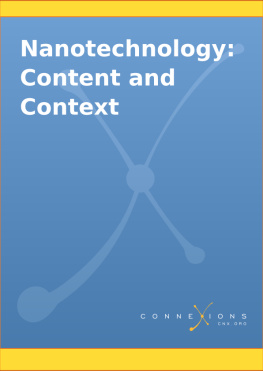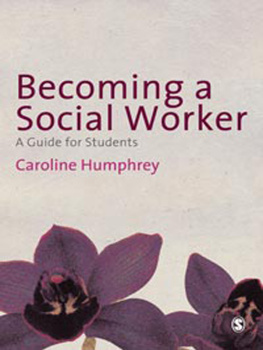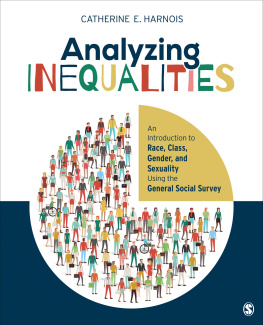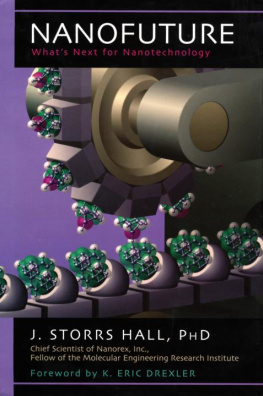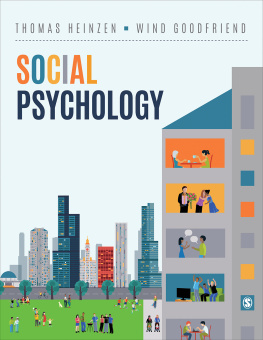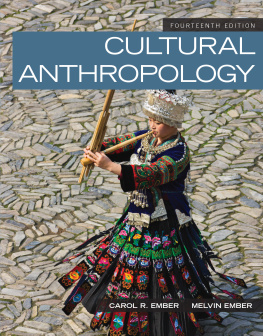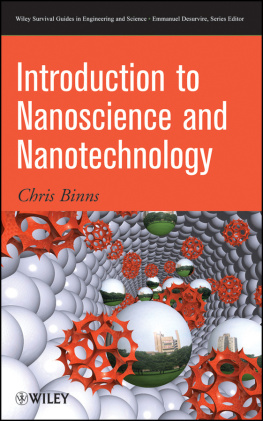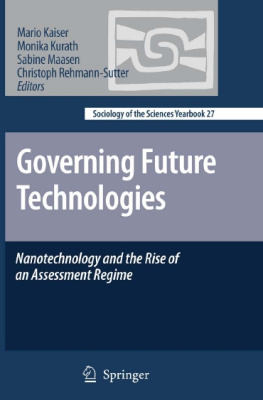Nanotechnology: Content and Context
Collection edited by: Christopher Kelty and John Hutchinson
Content authors: Jo Kent , Sean McCudden , McKenzie Smith , Melissa Dominguez , Christopher Kelty , Devon Fanfair , Salil Desai , Kevin Kelly , Jason Holden , Martha Farnsworth , Maclovio Fernandez , Luca Sabbatini , Bo Qiu , and Blake Brogdon
Online:
This selection and arrangement of content as a collection is copyrighted by Christopher Kelty .
It is licensed under the Creative Commons Attribution License: http://creativecommons.org/licenses/by/2.0/
Collection structure revised: 2007/05/09
For copyright and attribution information for the modules contained in this collection, see the "" section at the end of the collection.
Chapter 1. Introduction
1.1. The Impact of the Scientific Revolution: A Brief History of the Experimental Method in the 17th Century
Lauren Ames, Jo Kent, Amneet Gulati, AdamPurtee
Faculty Sponsor: Christopher Kelty, RiceUniversity Department of Anthropology
The Impact of the Scientific Revolution: ABrief History of the Experimental Method in the 17th Century
The American statesman Adlai Stevenson oncesaid, America can chart our future clearly and wisely only when weknow the path which has led to the present.[]This is clearly true inthe field of science and research. Today, as scientists experimentwith nanotechnology and venture into a wide variety of newscientific disciplines, it remains important to take a look back tothe origins of scientific discovery and understand some of theevents that have shaped the world of science, and, moreimportantly, to realize how science behaves as an evolvingprocess.
Introduction
The beginning of the seventeenth century isknown as the scientific revolution for the drastic changesevidenced in the European approach to science during that period.The word revolution connotes a period of turmoil and socialupheaval where ideas about the world change severely and acompletely new era of academic thought is ushered in. This term,therefore, describes quite accurately what took place in thescientific community following the sixteenth century. During thescientific revolution, medieval scientific philosophy was abandonedin favor of the new methods proposed by Bacon, Galileo, Descartes,and Newton; the importance of experimentation to the scientificmethod was reaffirmed; the importance of God to science was for themost part invalidated, and the pursuit of science itself (ratherthan philosophy) gained validity on its own terms. The change tothe medieval idea of science occurred for four reasons: (1)seventeenth century scientists and philosophers were able tocollaborate with members of the mathematical and astronomicalcommunities to effect advances in all fields; (2) scientistsrealized the inadequacy of medieval experimental methods for theirwork and so felt the need to devise new methods (some of which weuse today); (3) academics had access to a legacy of European,Greek, and Middle Eastern scientific philosophy they could use as astarting point (either by disproving or building on the theorems);and (4) groups like the British Royal Society helped validatescience as a field by providing an outlet for the publication ofscientists work. These changes were not immediate, nor did theydirectly create the experimental method used today, but they didrepresent a step toward Enlightenment thinking (with an emphasis onreason) that was revolutionary for the time. Assessment of thestate of science before the scientific revolution, examination ofthe differences in the experimental methods utilized by differentscientists during the seventeenth century, and exploration intohow advances made during the scientific revolution affected thescientific method used in science today will provide an idea of howrevolutionary the breakthroughs of the seventeenth century reallywere and what impact theyve had.
Science and Philosophy Before the Revolution
In immediate contrast to modern times, only afew of Europes academics at the beginning of the scientificrevolution and the end of the sixteenth century consideredthemselves to be scientists. The words natural philosophercarried much more academic clout and so the majority of theresearch on scientific theory was conducted not in the scientificrealm per se, but in philosophy, where scientific methods likeempiricism and teleology were promoted widely. In the 17th century,empiricism and teleology existed as remnants of medieval thoughtthat were utilized by philosophers such as William of Ockham, anempiricist (d. 1349), Robert Boyle (Hall, p 172), a 17th centurychemist, teleologist and mechanist, and by the proponents of Platoand Aristotle (1st century teleologists and abstractionists). Bothempiricism, as the theory that reality consists solely of what onephysically experiences, and teleology, as the idea that phenomenaexist only because they have a purpose (i.e. because God wills themto be so), generally negated the necessity of fact-gathering,hypothesis writing, and controlled experimentation that became suchan integral part of modern chemistry and biology at the beginningof the 17th century. In other words, the study of science beforethe scientific revolution was so concentrated on philosophy (suchas Aristotles conception of ideas as ultimate truths) as topreclude the development of a scientific method that wouldnecessitate the creation of an informed hypothesis to be tested.Certain medieval philosophers, however, such as Roger Bacon(1214-1294; no relation to Francis), did emphasize the necessity ofcontrolled experimentation in coming to a theoretical conclusion,but they were few and far between, and generally failed tocorrectly use the experimental method in practice. For example,author Hall wrote that Bacon [and other advocates were] guilty ofmisstatements of fact which the most trifling experiment would havecorrected (Hall, p 163).

